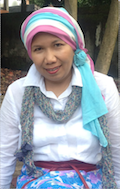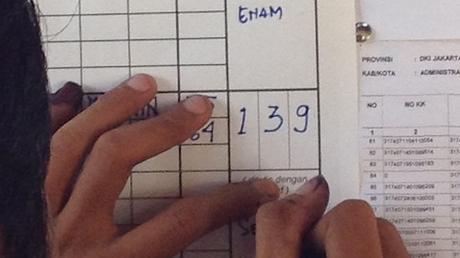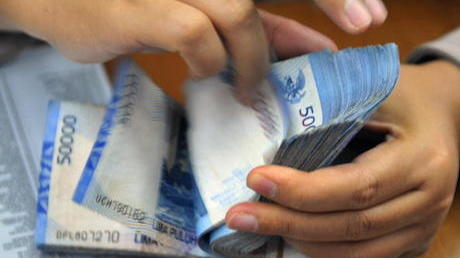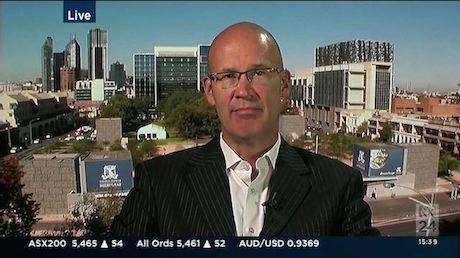
The 2014 Indonesian presidential election campaign is like nothing that has come before it, this poll being powerfully defined by the nation’s social media addiction. Some 58 million of Indonesia’s citizens are using the internet, according to the Global Web Index, and 31.7 million of them are spending more than three hours a day plugged in – putting them solidly in the demographic of “netizens”.
Online conversations about politics and the candidates, utilizing a variety of social media platforms, have peaked through the campaign. On Facebook, Twitter, Whatsapp, Blackberry Messages and other platforms the presidential race has become the most-discussed topic among social media users. Not only that, but the machinery supporting the rival candidates – Prabowo Subianto and Joko “Jokowi” Widodo – has enlisted social media as a central element of their campaigns, using online forums to spread the word on their political manifestos and triggering energetic virtual town hall discussions.
Some campaigners have also used it very effectively for the political dark arts, to nurture the “black campaign” smears and rumours that have been a powerful undercurrent in the campaign, in particular against Jokowi.
In response to the intensifying smear campaigns and concerns regarding money politics and manipulation in the voting booths and counting process, a group of "netizens" launched an initiative to use social media to try to safeguard the election process.
A social media-based movement called “lawan pilpres curang” (“against unfair presidential election”) has urged voters going to polling booths today to capture or record any suspicious behaviour or wrongdoing and upload the evidence on Facebook, Youtube, Twitter, Instagram etc. Voters can also send their pictures and concerns via email directly to a self-initiated monitoring center.
In a public forum launching the initiative in Jakarta on Monday 7 July, the initiators argued that civil society needs to actively guard the process of democracy and that the power of social media can be harnessed to record and to report any alleged manipulation on the presidential election.
Although Indonesia has an official Election Supervisory Agency charged with monitoring the election process and procedures at both the national and sub-national levels, this grassroots activism has emerged as a natural consequence of the nexus of the role of social media in the campaign, the high level of engagement of voters, and the down-to-the-wire nature of the contest suggested by major pollsters as the polls opened today.
There are widespread concerns about money politics and corruption of the voting and counting process. So concerned urban citizens have embraced the opportunities social media creates to mobilise and monitor the process themselves and to quickly expose potential wrongdoing.
Jokowi’s volunteers, for example, have created and shared a graphic informing people what to look out for and how to closely follow the voting procedure, to the examination of ballot papers, to the condition of voting booths, to the behaviour of eligible witnesses to the final counting.
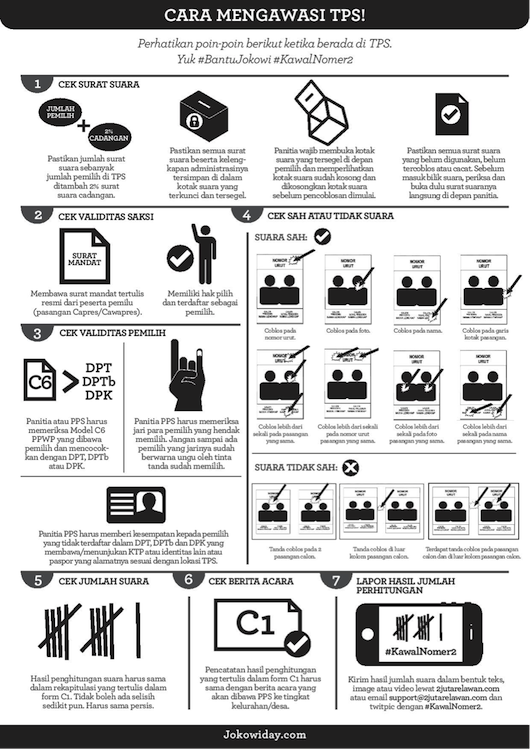
The final step calls on voters to capture the result in their local voting booth and publicly post it via email or Twitter (see right).
It will be interesting, in time, to explore whether the level of manipulation in this year’s presidential election is higher than in previous ones, and just what has stirred concerns to the point of motivating community-initiated election watch groups.
Acts of political intimidation and forced mobilization to vote for a certain candidate are certainly not new in post-authoritarian Indonesia. In previous elections, including the recent parliamentary election held on 9 April, hundreds of alleged incidents of vote buying and forced mobilization were reported to the Election Supervisory Agency and its branches at provincial and district levels.
Alleged frauds also made headlines in the mass media. However the supervisory agency often failed to follow up the allegations because, it claimed, of the lack of evidence. For example, in the April parliamentary election there were reports from candidates in several provinces about stolen votes. There were also reports about vote buying where the candidates literally handing out cash to voters early in the morning as they headed to the voting booths.
Given the previous experiences on election fraud, and the extremely tight, divisive race that has taken shape between between Prabowo and Jokowi, it is then no surprise that this community-initiated election watch effort has emerged.
Apart from social-media based election watch, a group of not-for-profit organizations in Jakarta, Dekrit Rakyat, released findings on possible incidents of voter intimidation. In a press conference on 4 July in Jakarta, Sri Palupi, one of the coordinators, explained that her agency had received reports from citizens across the country. These included a report that a governor had ordered his subordinates to vote for a certain candidate, threatening repercussions if they failed to do so.
So it is that today as Indonesians cast their votes, volunteer witnesses in voting booths across the nation will be documenting events with photographs and messages and uploading them as the day unfolds. How the activism of "netizens" plays out, and whether it influences the final result, will be fascinating to see.

